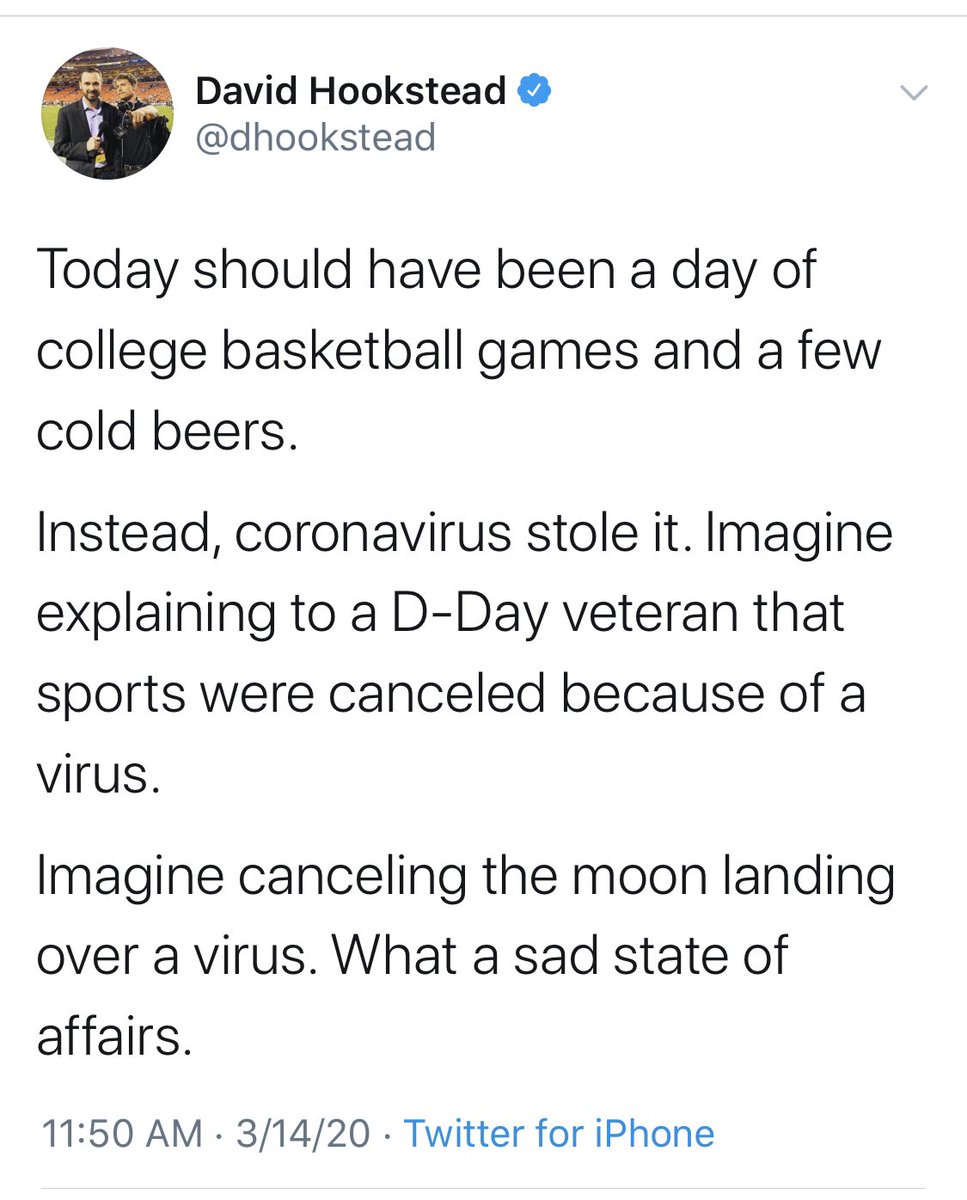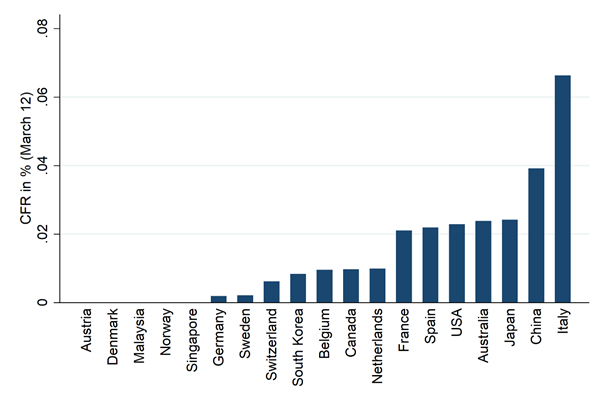For three weeks in October 2002, a sniper terrorized the greater D.C. metro, murdering civilians who were guilty of nothing other than going about their lives:

At the time, I was a Georgetown student and an Army ROTC Cadet.
It was simply uncool to admit you didn’t want to go out for lunch, walk across an open campus, or drive to work.
He was a tall, grizzled Sargent First Class with a combat patch, which was rare in those early days post-911.
“The terrorists aren’t winning because you stay home, Cadets,” he continued.
I followed his orders, and I’ve thought about that short “safety brief” often since.
Political “leadership” too often defers to this instinct.
In the case of a global pandemic, we should reject this reluctance and give in to the temptation toward urgency. Urgency is what we need.
Everything we do right now should be about avoiding such a scenario.
Ideally, after a slow start, we will now respond so swiftly that we’ll never know the degree to which the response prevented disaster.
I would rather have it and not need it than need it and not have it.
Remember, when there’s a sniper out there, you can’t defeat the sniper by pretending they don’t exist.



